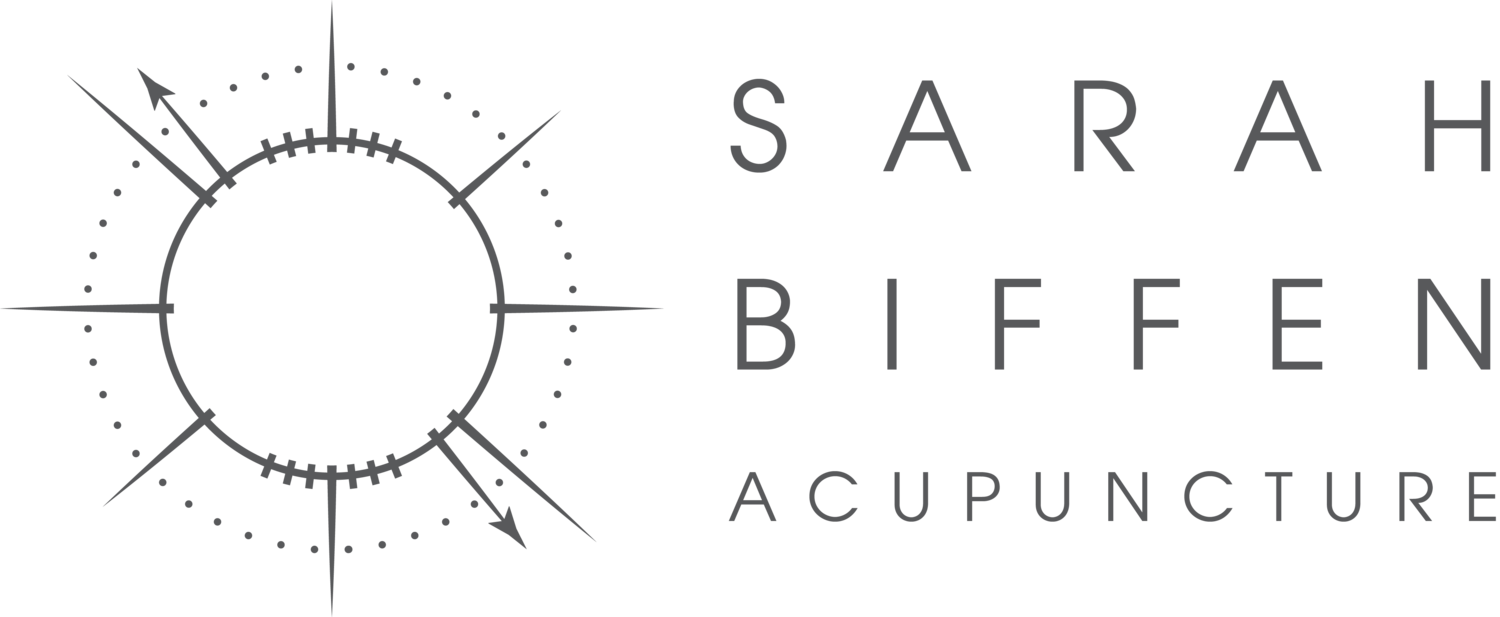Acupuncture for Migraines
How Acupuncture can help you lead a more pain-free life.
Frequent migraines and headaches can be a debilitating source of pain and frustration for millions of people. Oftentimes leading to reliance on prescription medication to manage symptoms.
However, there’s compelling evidence to support what Chinese Medicine practitioners have been practicing for decades: that Acupuncture offers a valid drug-free option to relieve pain and reduce frequency in thousands of headache sufferers.
HOW ACUPUNCTURE IS BENEFICIAL FOR MIGRAINES AND HEADACHES
A recent systematic review of 22 clinical trials gathered plenty of evidence on the efficacy of Acupuncture in migraine treatment. The review found that migraine frequency dropped 50% or more in nearly 60% of individuals surveyed. And those patients also reported a reduced reliance on pain medications with regular acupuncture treatment.
THERE’S AN OLD ADAGE IN CHINESE MEDICINE: “WHERE THERE IS STAGNATION, THERE IS PAIN.”
In Chinese Medicine, we’re consistently looking at two factors in every condition: the Root cause and the Branch symptoms. It’s important to note that even in a Western sense, not all headaches stem from the same condition, and do not necessarily follow the same patterns of imbalance.
What we know as migraines, cluster headaches, sinus or tension headaches all have different underlying factors.
COMMON HEADACHE FACTORS ACCORDING TO THE PRINCIPLES OF TCM:
Qi and/or Blood Stagnation
Qi and/or Blood Deficiency
Damp Accumulation
Liver Yang Rising
Yin Deficiency
Acupuncture and Chinese Medicine aims to assess the root cause, and then course correct these physical and internal imbalances. This enables the relief of acute symptoms while addressing any causative conditions, minimizing reoccurrence.
Based on the signs and symptoms of your headaches, a Licensed Acupuncturist will be able to get a better sense of what lies beneath. A course of treatment will then be discussed which many times includes accompanying herbal formulas or supplementary guidance. Much like every headache, every individual is unique in their needs.
THE EVIDENCE FOR ACUPUNCTURE
The above noted 2016 Cochrane review compared efficacy across various acupuncture applications. Groups were divided into traditional acupuncture, “fake” acupuncture (as defined from the perspective of a Western medical model, though it’s this practitioner’s view that there’s no such thing as “fake” acupuncture), and acupuncture with supporting medication. What researchers found was that acupuncture offered benefits regardless of style of administration.
In a more recent study from 2020, researchers found that acupuncture was more effective then usual care (read: taking preventative prescription medication) in preventing migraines.
Various other Acupuncture studies, including a 2012 randomized control trial and a 2017 randomized clinical trial, showed that longer term Acupuncture treatment (13-15 weeks) showed a remarkable reduction in headache frequency in the Acupuncture groups studied.
Which brings us to another salient point in Chinese Medicine: healing can take time. The more consistent we are with treatment and lifestyle best practices, the more benefit we will see. Whatever imbalance is present very likely didn’t arise over night, and as such takes time to course correct. Results are cumulative.
WHEN TO SEEK TREATMENT?
If you suffer from frequent migraines you already know: one headache is one too many.
Speak with your doctor if you experience frequent headaches. Alongside appropriate medical intervention, Acupuncture may be a viable option to help you reduce migraine frequency and relieve acute symptoms.
If you’d like to know more about how Acupuncture and Chinese Medicine can help, feel free to contact me or book an appointment at one of our convenient offices in Noho and Williamsburg, Brooklyn.
